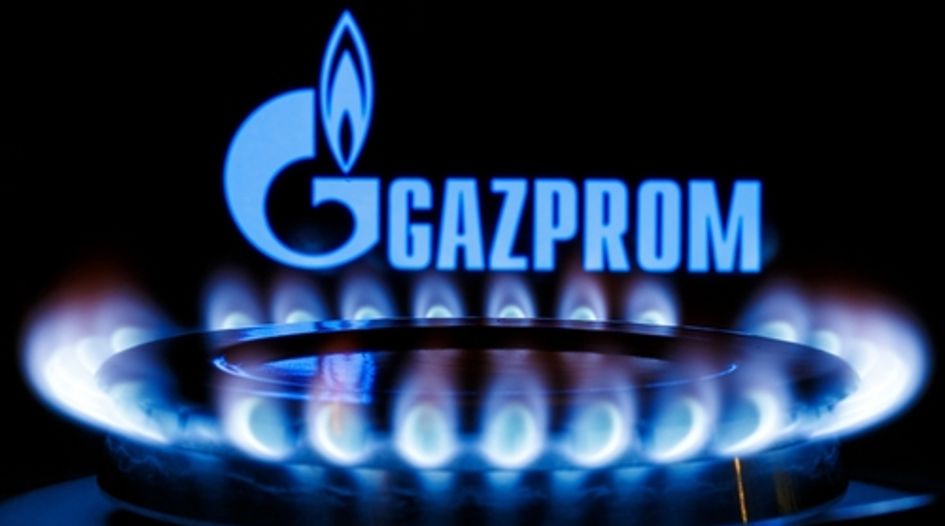An EU advocate general has urged the European Court of Justice to reject a complaint that the European Commission accepted inadequate remedies from gas giant Gazprom to end an abuse of dominance probe.
Athanasios Rantos said in an opinion today that the European Commission does not need to address energy policy concerns when considering remedies as long as the commitments do not infringe EU law.
He advised the ECJ to fully reject an appeal from Polish oil refinery Orlen, alleging the commission made a “manifest error of assessment” by failing to consider EU energy principles set out in Article 194 Treaty of Functioning of the European Union when accepting Gazprom’s commitment offer in 2018.
The provision states that energy is a shared responsibility between the EU and its member states. However, it also stipulates that each member state retains the right to decide how it exploits and chooses between its energy resources, as well as how it structures energy supply.
While the commission cannot accept commitments that would breach EU law, it also cannot impose remedies to solve non-competition issues, he said. Orlen has not set out exactly how the commitments could have breached Article 194 TFEU, Rantos added.
As part of its appeal against the commitment decision, Orlen claimed the commission failed to adequately provide sufficient reason for its decision, but Rantos said this does not mean the agency did not consider energy objectives.
The EU’s General Court dismissed Orlen’s case in February 2022, but the company appealed against that decision to the ECJ the following month. Its complaint was backed by Bulgarian gas supplier Overgas, which has asked to intervene as a third party.
Orlen also argued that the commission failed to explain why it had dropped certain charges in its statement of objections in 2015.
But Rantos said that there is no obligation on the commission to issue an explanation for why it has abandoned certain allegations. Imposing a requirement that the commission issue an additional document explaining why it has dropped certain charges would be “excessive formalism”, he added.
Orlen also claimed that the General Court failed to properly assess the adequacy of each commitment Gazprom proposed. It argued that, while the lower court found “irregularities” in the commission’s decision, it did not consider their cumulative effect.
The General Court’s approach is “untainted by any error of law”, Rantos said. The first-instance court found no error of law in the commission’s assessment and upheld the adequacy of the commitments to address its competition concerns, he said.
“A manifest error of assessment” implies the existence of more than “some irregularity or omission”, Rantos said. It would require an error so serious that it calls into question the validity of the agency’s analysis or the lawfulness of its decision, he added.
As part of the settlement agreement, Gazprom promised to remove contractual restrictions that disincentivise or prohibit cross-border gas resale in Central and Eastern European markets. This included export bans and clauses requiring purchased gas to be used in a specific territory.
Gazprom also agreed not to act on any gas infrastructure advantages it obtained by leveraging its dominant position and allow customers to request lower gas prices if their prices diverged from benchmarks set in Germany and the Netherlands. The Russian-owned gas supplier accepted the remedies in lieu of a fine.
The settlement ended a seven-year probe into Gazprom’s operations in Bulgaria, the Czech Republic, Estonia, Hungary, Latvia, Lithuania, Poland and Slovakia. The enforcer conducted dawn raids in 2011 and opened an official investigation in 2012.
Counsel to Gazprom
Dentons
Partners Jörg Karenfort, Edward Borovikov in Brussels, and Josef Hainz in Berlin
Counsel to Orlen
Moskwa Jarmul Haładyj
Partners Partners Katarzyna Karasiewicz, Tomasz Kaźmierczak and Paweł Moskwa in Warsaw
Counsel to Overgas
SZA Schilling Zutt & Anschütz
Of counsel Silvio Cappellari in Brussels, assisted by Sebastian Gröss

